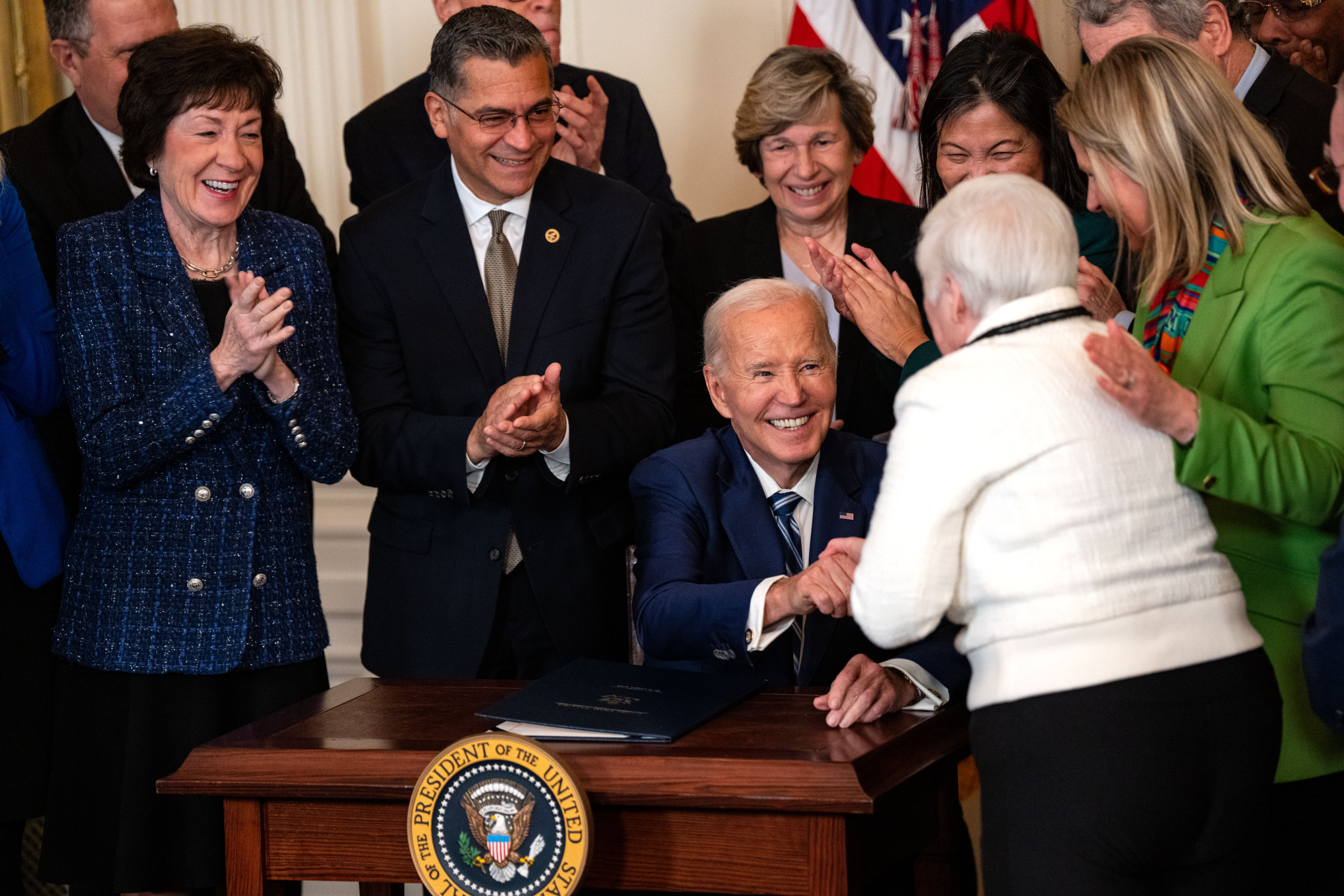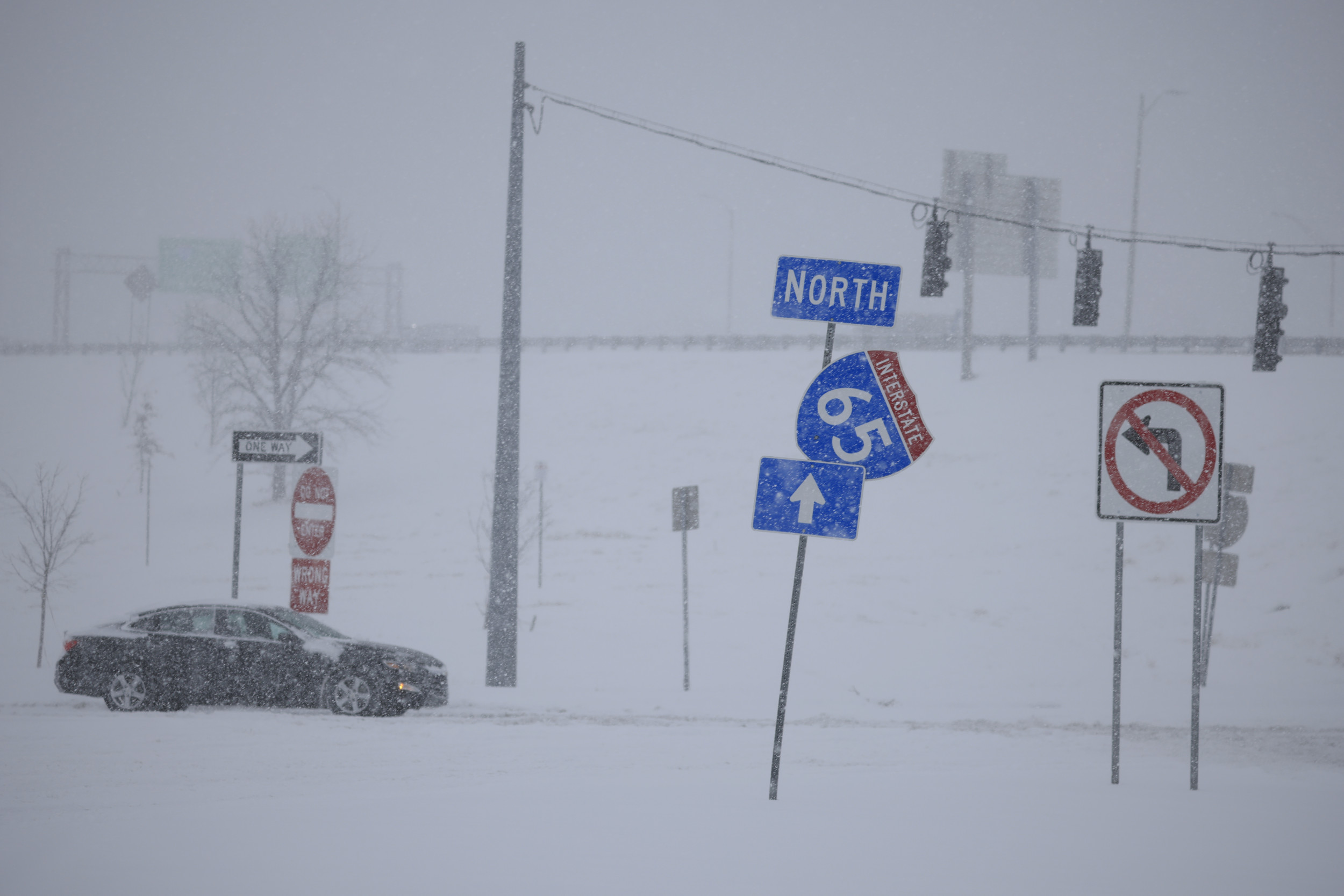Georgia's election officials revealed that a citizenship audit of the state's voter rolls identified only a small number of noncitizens registered to vote.
What the Audit Shows
Georgia's Secretary of State Brad Raffensperger, a Republican, revealed the audio results on Wednesday, which showed that out of 8.2 million registered voters, 20 individuals were found to be non-U.S. citizens.
Raffensperger assured that all 20 registrations have been canceled, and the cases will be forwarded to local prosecutors to determine if criminal charges are appropriate. He emphasized that none of the 20 individuals had voted in the November general election.
However, nine had participated in previous elections, while the remaining 11 showed no record of voting at all.
The audit, which has garnered significant attention in the run-up to the elections, particularly among Republicans who have expressed concerns about noncitizen voting, also identified 156 additional individuals whose citizenship status requires further investigation. Case files have been opened on these individuals as officials continue their efforts to maintain the integrity of Georgia's voter rolls.
Despite the political focus on the issue, instances of noncitizens voting remain rare.
The audit, launched in July, cross-referenced state and federal databases to ensure only eligible citizens remain on the voter rolls. The 20 noncitizens identified were spread across seven counties, predominantly in the metro Atlanta area. Notably, these individuals had filed sworn statements declaring their noncitizen status to avoid jury duty.

Voting in the State
The announcement of Georgia's audit results comes as Vice President Kamala Harris, the Democratic presidential nominee, will face off against former President Donald Trump, the GOP presidential nominee, on November 5. Early voting has already begun in Georgia, a key battleground state, where polls show the race within the margin of error.
Last week, about 328,000 voters have already cast their ballots in the Peach State, according to Gabriel Sterling, the chief operating officer for Georgia's secretary of state. That figure is more than double the previous record of 136,000, which was set in 2020, when Joe Biden became the first Democrat to carry the state since 1992.
Georgia residents have two and a half weeks—from October 15 to November 1—to vote early in person, including multiple Saturdays. Some counties also offer Sunday voting.
"Early voting is suggestive of voters' belief that it is a close race and the campaigns' believe that it is close. We saw people turning out in the state on Tuesday in record numbers. They were ready to vote. That suggests to me that people have been carrying their vote with them for weeks—and were ready to cast it. And that also means that most people have made up their minds," Audrey Haynes, associate political science professor at the University of Georgia, previously told Newsweek.
What Do Polls Show in the State?
Seven battleground states, including Georgia, will play a key role in determining the result of the presidential race. This is because the election is decided in the Electoral College, which awards each state a certain number of electoral votes based on population. A presidential candidate needs to secure 270 electoral votes for victory, and winning the national popular vote does not guarantee success. Surveys from battleground states may be more telling than national polls.
According to FiveThirtyEight's poll tracker, as of Wednesday afternoon, Trump is ahead of Harris in the state by 1.6 points with 48.6 percent to her 47.0 percent.
Individual polls have mostly given Trump a lead of between 1 and 6 points, with most polls putting his lead within the margin of error. For example, a poll conducted by InsiderAdvantage between October 14 and 15 showed Trump 2 points ahead among 800 likely voters—a lead within the poll's 3.7-point margin of error.
Meanwhile, the University of Georgia's survey research center polled 1,000 likely voters in Georgia between October 7 and 16, with a 3.1-point margin of error. While it gave Trump an overall lead of 3.6 points, the pollster said such a slim lead amounts to "a statistical tie."
This article includes reporting from The Associated Press.

















:quality(85):upscale()/2024/04/24/878/n/3019466/36c5693c662965c5d1ce91.72473705_.jpg)


 English (US) ·
English (US) ·